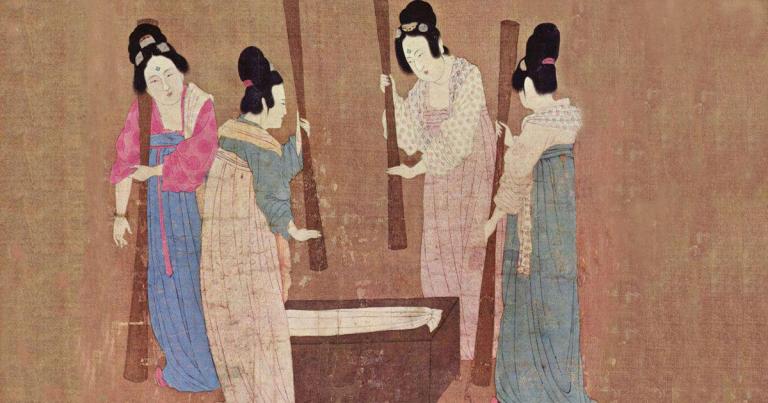The Status of Women in China
2 min readThe Status of Women in Feudal China
Confucian philosophy preached women’s inferiority to men.Women were to remain ignorant and to obey-first,their fathers;after marriage,their husbands;during widowhood,their sons.Marriages were arranged,and a woman’s responsibility was to remain married,no matter how undesirable the match.Divorce was not allowed or remarriage by widows.
Chastity archways were built for women who killed themselves when their husbands died.The maior role of women,considered the private property of men,was to please their husbands and to bear children.Symbolic ofwomen’s subservience was the practice of binding women’s feet.Introduced in China during the last Tang dynasty,this practice lasted nearly 1,000 years.During the Ming and Qing dynasties,women had to bind their feet to be eligible for a husband.

Changes after 1949
With the establishment of the People’s Republic of China,the status of women in China changed dramatically.The Chinese Communist Party andthe people’s government recognized that the liberation of women,who constituted half the population of China,was necessary for the country to realize complete emancipation.
The new government promulgated a series of laws,policies,and regulations that protected women.The Chinese Constitution of the early 1950s stated clearly that Chinese women enjoyed equal rights with men in political,economic,social,cultural,and family life.The state protected 40sl women’s rights and interests,practiced equal pay for equal work,and provided equal opportunity for women’s training and promotion.China’s Marriage Law eliminated aranged marriages,stipulating that both women and men were free to choose their marriage partners,and widows were allowed to remarry.The Inheritance Law recognized the equal right of women to inherit family property.The Labor Insurance Regulations Law of 1951guaranteed women 56 days of maternity leave with full pay.The Land Reform Law of the early 1950s provided rural women with an equal share of land under their own name,thereby protecting their economic independence.
Until passage of the economic reform policy in 1979,the governmen’s protective policy toward women enabled Chinese women to maintain iobs while becoming mothers and raising families.Despite the country’s huge population,China allowed everyone a share from the“big iron bol.”
During this period,little competition existed,wealth was relatively evenly divided,and the huge population generally was fed and clothed,though at a low standard.









